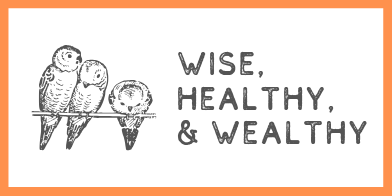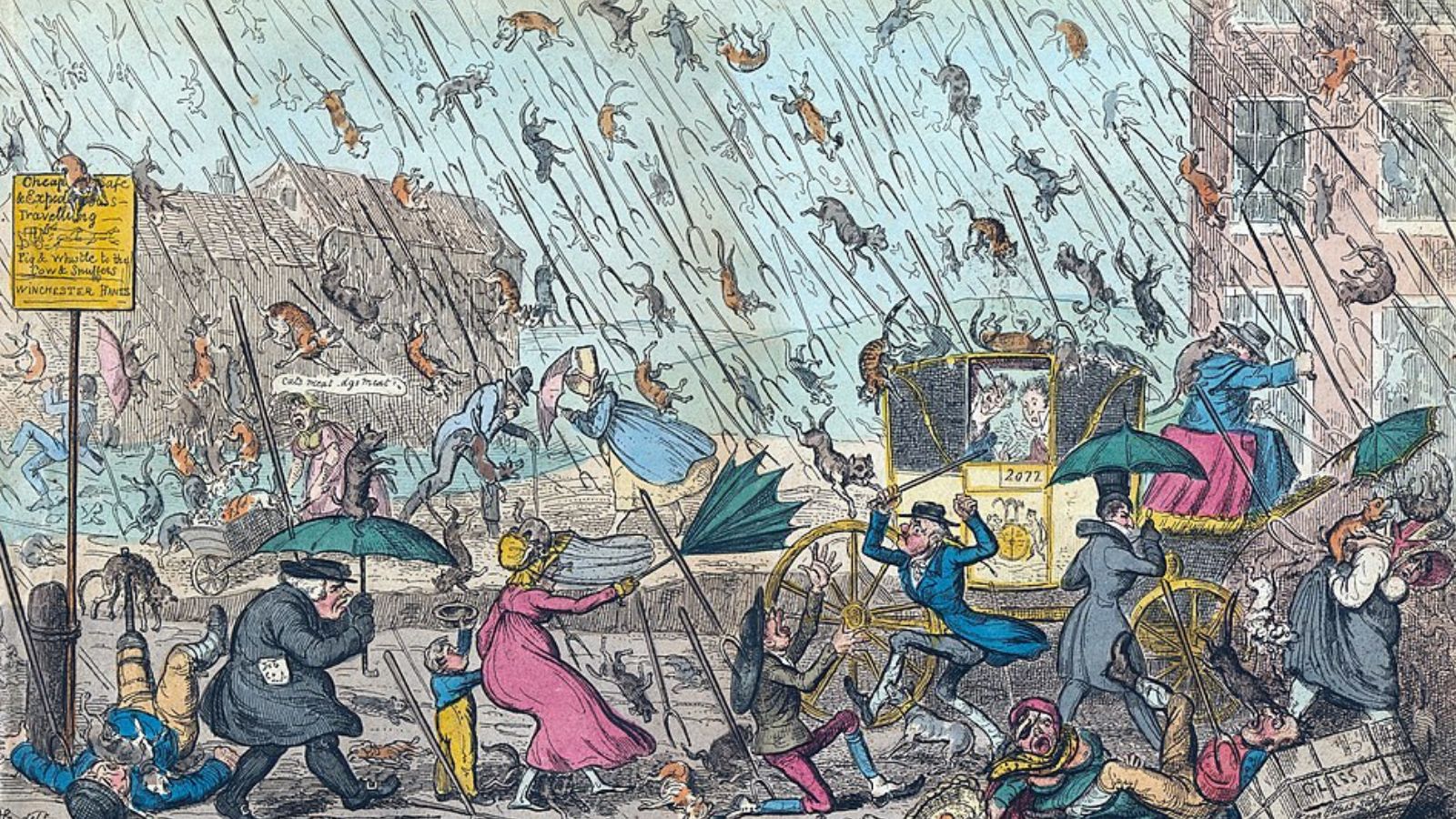Idioms can be surprisingly interesting! When you stop to ponder their origins, they shed light on the past. Far from a lesson in linguistics, you learn about fascinating historical events and scenarios that gave rise to these distinctive phrases we say without questioning. In today’s post, I wanted to delve into this topic by revealing the possible origins of 10 common expressions.
1. “The Whole Nine Yards”
Meaning: Refers to everything or the entirety of something.
Origin: The exact origin of this phrase is uncertain, but one popular theory suggests its association with World War II fighter planes and the length of ammunition belts, which were said to be nine yards long. By “going the whole nine yards,” you’d shoot the entire belt in one go. However, another theory links this idiom to the length of fabric needed for a complete suit, indicating that giving someone “the whole nine yards” meant providing everything necessary.
A third theory is that it pertains to old square-rigged, three-masted ships. In the nautical world, a “yard” was a wooden rod that connected to the mast to support the sail. Each mast on a three-masted ship had three yards. So, if they were all set, you’d have gone the whole nine yards.
2. “Raining Cats and Dogs”
Meaning: Heavy rainfall.
Origin: The precise origin of this phrase remains uncertain, but one speculative theory suggests it originated in 17th-century England. During heavy rainfall, the streets would sometimes flood, washing away debris, including dead animals.
Another theory is that it comes from an old Greek expression, “cata doxa,” which means “contrary to belief or experience.” When it rains cats and dogs, the rain is unbelievably hard.
With its reference to falling water, “raining cats and dogs” could also have been a perversion of an old (now obsolete) English word, catadupe, meaning cataract or waterfall.
3. “Break the Ice”
Meaning: Initiating a conversation in a new or awkward situation.
Origin: Again, opinions vary, but most sources suggest it dates back to the concept of clearing paths for boats in icy waters. “Break the ice” originally referred to the physical act of breaking ice to create a passage. It evolved to signify initiating conversation or social interaction in awkward or unfamiliar situations, akin to breaking down barriers.
4. “Caught Red-Handed”
Meaning: Caught in the act of wrongdoing.
Origin: The phrase likely stems from 15th-Century Scotland and the term “Red hand.” It alludes to being caught with a victim’s blood on your hands.
5. “Cost an Arm and a Leg”
Meaning: Something being very expensive.
Origin: While the exact origin of this saying remains uncertain, one theory suggests it originated in the early 20th century, possibly related to the high cost of commissioned portraits. The cost of such portraits could increase significantly if additional limbs were included, thus implying an exorbitant price. Apparently, people would slip their hands into jacket pockets, for example, to save money.
Another theory is that it relates to war, and the number of amputees returning from battle. The price of war was too much – it literally cost these soldiers an arm or a leg.
6. “Kick the Bucket”
Meaning: To die.
Origin: This phrase’s origins are often linked to the notion of someone kicking a bucket out from under their feet while trying to hang themselves. However, it’s also connected to an old contraption – a kind of yoke – that held pigs by their heels in readiness for slaughter. The thrashing of the dying animals may have led to the “kick the bucket” expression, perhaps because the yoke being raised on a pulley looked like a bucket lifted from a well.
7. “Barking up the Wrong Tree”
Meaning: Pursuing the wrong course of action or misunderstanding.
Origin: This phrase is said to derive from hunting, specifically dogs chasing prey up trees. Dogs would bark at the bottom of a tree where they believed their prey was located, only to realize later that they had chosen the wrong one – the wily animal, such as a racoon, had tricked them into thinking it was there with its scent, when really it had escaped.
8. “Don’t Cry Over Spilled Milk”
Meaning: Stop worrying about things that have already happened and cannot be changed.
Origin: This saying dates back to at least the 17th century. Apparently, it featured in a book written in 1659 by James Howell, who used the phrase “No weeping for shed milk.” The imagery of spilled milk, which cannot be recovered, is a metaphor for situations that have happened, are beyond one’s control, and thus not worth dwelling on.
9. “Bite the Bullet”
Meaning: Facing a difficult situation with courage.
Origin: This phrase harks back to old military practices, particularly during battlefield surgeries before the advent of anaesthesia. Supposedly, soldiers would be told to bite down on a bullet to endure the pain of surgery. Over time, it evolved into a metaphorical expression for facing a difficult situation with courage.
10. “A Penny for Your Thoughts”
Meaning: Asking someone what they are thinking.
Origin: Dating back to the 16th century, this phrase reflects the practice of offering payment for someone’s thoughts or ideas. Sir Thomas Moore wrote “A penny for your thought” in his 1522 book, Four Last Things. It became more popular two decades later, when the playwright John Heywood put it in a collection of proverbs.

